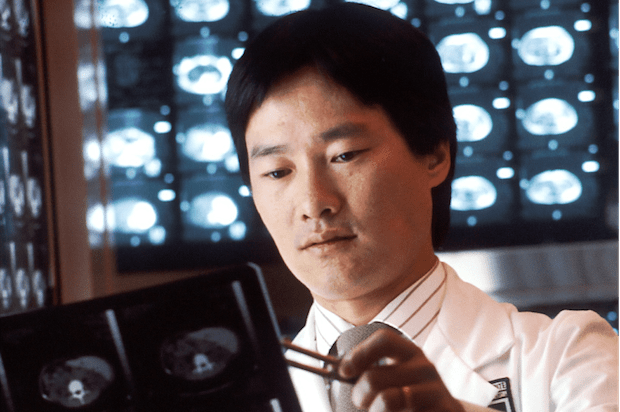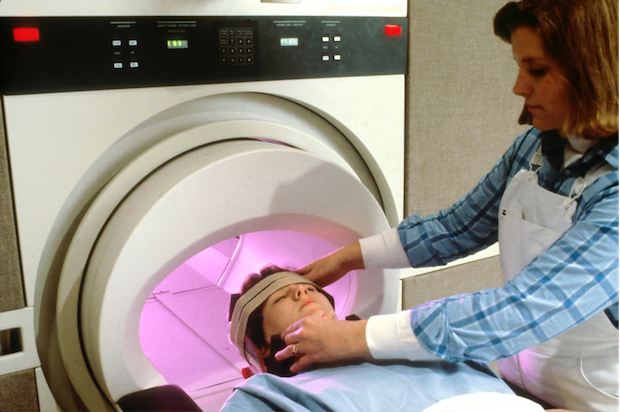Table of Contents
I. An Overview of Psychotic Disorders
II. Risk Factors for Bipolar Disorder
III. Risk Factors for Schizophrenia
An Overview of Psychotic Disorders
Psychotic disorders affect the mind and cause emotional distress. Psychosis is usually caused by imbalances of certain chemicals in the brain. You may have psychosis if you experience trance-like periods that affect how you feel, think, and behave. Psychotic disorders like schizophrenia cause hallucinations and make it difficult to tell what is real.
Bipolar disorder is one type of psychotic disorder. Bipolar disorder disturbs mood more than thoughts. These are some main variations of psychotic disorders, but most result in psychotic episodes that confuse the person. When you have a psychotic episode, you are in a state of psychosis. Your diagnosis will depend on the symptoms you experience during psychosis. [1]
Psychosis can be managed with antipsychotic medication. Bipolar disorder patients may be prescribed Saphris (asenapine) to help them think clearly. Latuda (lurasidone) and Rexulti (brexpiprazole) can treat schizophrenia symptoms by affecting the brain’s neurotransmitters. Some antipsychotic drugs like Geoden (ziprasidone) can be taken with food. Ask your doctor about possible treatment plans if you have been diagnosed with a psychotic disorder.
Risk Factors for Bipolar Disorder
Scientists think more than one risk factor contributes to bipolar disorder. We need more research to find out specific causes and risk factors. For now, your genes, environment, and brain structure are variables to consider.

a. Genetics
If someone in your family has bipolar disorder, you have a higher chance of developing it. [2] Statistics show that many people who have bipolar disorder have relatives with other psychotic disorders like schizophrenia. Genetic factors may account for mental disorders running in families, but chance may factor in as well. [3] Identical twins (who share the same genes) do not always both get bipolar disorder. This suggests that genetics are not the only risk factor. [2]
b. Environmental Factors
Trauma can increase your risk of developing bipolar disorder. A stressful event like the loss of a loved one can trigger the onset of this mental disorder. If you have bipolar disorder, an event like this can cause a manic (elevated mood) or depressive episode. Drug abuse can trigger bipolar disorder as well. Around 60 percent of bipolar disorder patients are dependent on drugs and alcohol. [2] Seasonal depression and anxiety are some other risk factors for bipolar disorder.
c. Brain Structure
The effect of brain structure on bipolar disorder is still being researched. Doctors use functional magnetic resonance imaging (fMRI) and positron emission technology (PET) to get images of the brain. Brain scans are used to associate certain types of brain structures with bipolar disorder. Current findings are inconclusive. We need more research to know the specific impact of brain structure. [2]

Risk Factors for Schizophrenia
Doctors do not know the exact cause of schizophrenia. Like bipolar disorder, scientists believe a combination of genetic and environmental factors can increase your risk of getting this mental disorder. No single gene determines if you will have schizophrenia. If a parent or sibling has schizophrenia, your risk increases by 10 percent. If both of your parents suffer from this psychotic disorder, your risk for schizophrenia increase by 40 percent. [4]
a. Brain Chemistry
Scientists have found brain chemistry to be a risk factor for schizophrenia by comparing brain scans of people with and without psychotic disorders. The brain scans of people with schizophrenia showed larger ventricles (spaces in the brain), smaller medial temporal lobes (parts that handle memory), and fewer connections between brain cells. [4]
b. Complications During Birth
Premature labor and low birth weight may increase the chance of schizophrenia later in life. Sometimes, a baby experiences a lack of oxygen or is exposed to toxins, bacteria, or viruses during birth. Being infected by certain viral infections during birth can put you at risk of developing schizophrenia. [4]

c. Environmental Triggers
Research suggests that the first six months of pregnancy are crucial. Events at birth can increase your risk of getting schizophrenia, and not getting enough nutrients while in the womb may increase your risk as well. More studies are needed to confirm these risk factors. [4]
Some drugs like methamphetamine or LSD have mind-altering properties that can cause your risk of schizophrenia to increase. Marijuana poses a similar risk. Younger drug users are likelier to experience hallucinations and delusions that can lead to schizophrenia. Additional risk factors for schizophrenia include having an older father, having an autoimmune disease, and living in a low-income urban area. [4]
Minimizing Your Risk
Factors like your brain structure, genetic makeup, or the events during your birth are outside the realm of your control. However, you can minimize your risk of developing a psychotic disorder by focusing on aspects of your life you can control. Drinking less alcohol and not abusing drugs will lower your chance of psychosis.
How you respond to major life events is important as well. Psychosocial interventions like counseling can help you get through trauma psychosis-free. Antipsychotic medications like Saphris (asenapine), Rexulti (brexpiprazole), Geoden (ziprasidone), and Latuda (lurasidone) can help relieve symptoms of psychosis. Talk to your doctor about ways to minimize your risk if you are worried about developing a psychotic disorder. [1]
The content in this article is intended for informational purposes only. This website does not provide medical advice. In all circumstances, you should always seek the advice of your physician and/or other qualified health professionals(s) for drug, medical condition, or treatment advice. The content provided on this website is not a substitute for professional medical advice, diagnosis, or treatment.
